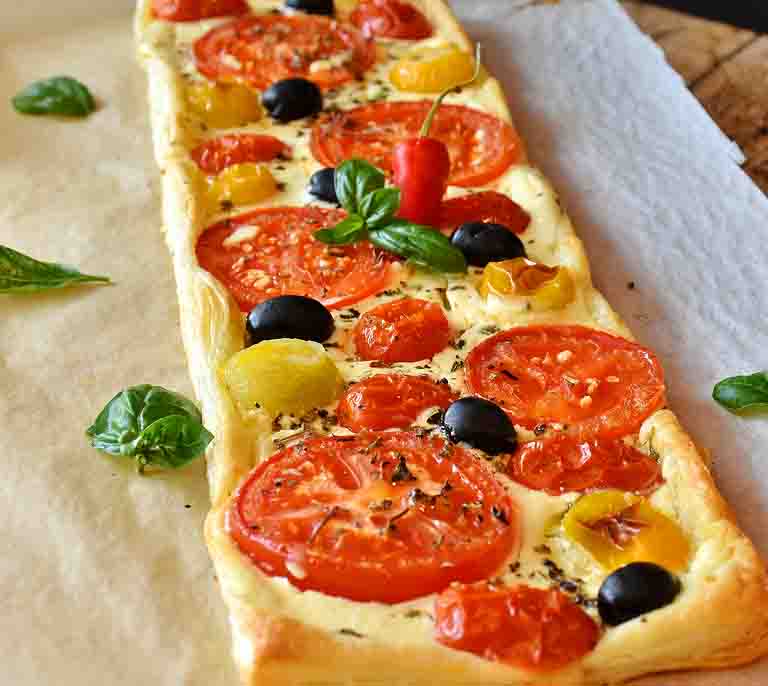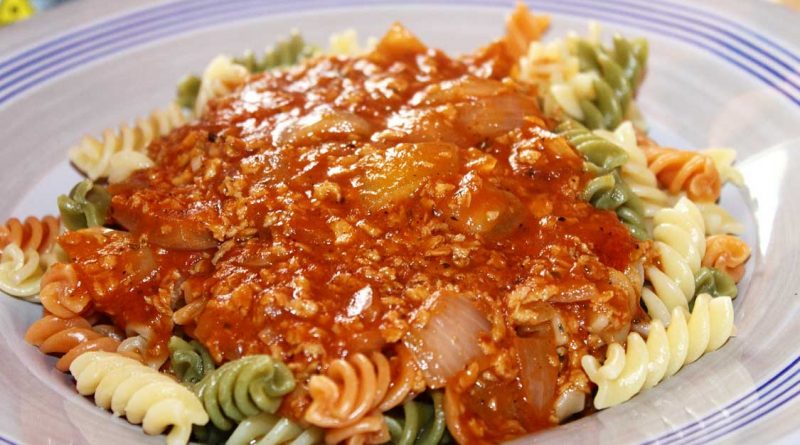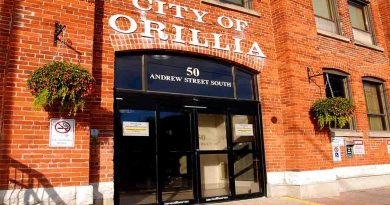Going Meatless Doesn’t Mean Going Cold Turkey
By Victoria Stroh – Special to SUNonline/Orillia
We know that vegetarians don’t eat meat. We know that vegans abstain from eating animal products and animal byproducts. But when it comes to eating a plant-based diet, what are the rules,and what does it mean?
A plant-based diet has remained relatively undefined and open for interpretation. A common misconception is eating plant-based means becoming vegetarian, when in actuality it means eating mainly foods derived from plants, including vegetables, grains, nuts, seeds, legumes and fruits, while also eating few animal products. People choose to follow plant-based diets for many reasons; health benefits and environmental initiatives are most common. The Canada’s Food Guide encourages a diet with little dairy and meat. It’s the health division of the federal government’s way of acknowledging a plant-based diet is not only a mindful way to improve your health and eating habits and a way to positively impact the environment.
In Carol Smith’s Our World, she states one’s diet has a direct correlation with how we effect the environment. Some key points are:
- Emissions per gram of protein for both beef and lamb are approximately 250 times those of legumes
- Pork, chicken, dairy and fish have lower emissions than other meat products
- Twenty servings of vegetables produce fewer greenhouse gas emissions when compared to a single serving of beef
Caitlin Rose, a contributing writer for Down to Earth Organic and Natural, states, “whether it’s unchecked air or water pollution, soil erosion, or the overuse of resources, raising animals for food is wreaking havoc on the Earth.” If we continue our current trajectory, poor eating habits Western societies endorse will gravely impact the environment.

Around the world, the number of people making the transition to a plant-based diet continues to increase. This lifestyle change empowers individuals to live more conscientious lives by caring about what they consume, where it comes from, and how it is prepared. Participating in this movement towards collective agency and meaningfulness will provide us with a more promising future.
Transitioning to a plant-based diet can be challenging and intimidating. Frequent responses include not having enough information about plant-based diets, not having enough time to thoroughly research the benefits, and having to get creative with new recipes. The best part about a plant-based diet is it’s what you make of it. For some people, it may be replacing all meat and dairy with alternatives. Others may want to take their time and gradually introduce plant-based products into their lives.
Consuming different protein sources like lentils, chickpeas and beans is often the first step for many. Some may continue eating dairy products while entirely eliminating meat. The beauty of an undefined diet is that whatever you are doing, you are doing it right. After all, it’s undefined, there are no rules to follow.
To maintain a positive outlook for introducing a plant-based diet into your life, start with changes you feel comfortable making. An individual’s relationship with food is so important. A Health.com article explains having a poor relationship with food directly affects a person’s self-esteem. This is why it is crucial for people who are exploring a new type of diet to do so on their own terms.
Move to a plant-based diet when you are feeling ready to experience it. By all means, you should never feel guilty about feeding and nourishing your body. Gaining knowledge and making choices about eating habits can help empower your decisions and allow you to feel good about your decisions. The first step is taking time to look into a plant-based diet and seeking more information. Your transition can be a process of slow experimentation in the kitchen, If your momentum is strong and you make the switch to a plant-based diet within a day, all the power to you. Even cooking a plant-based meal once a week counts towards creating a more sustainable future. There is no right or wrong way to go about practicing a plant-based diet.
(Images Supplied)
Victoria Stroh is a Lakehead University student and volunteers with Sustainable Orillia.




